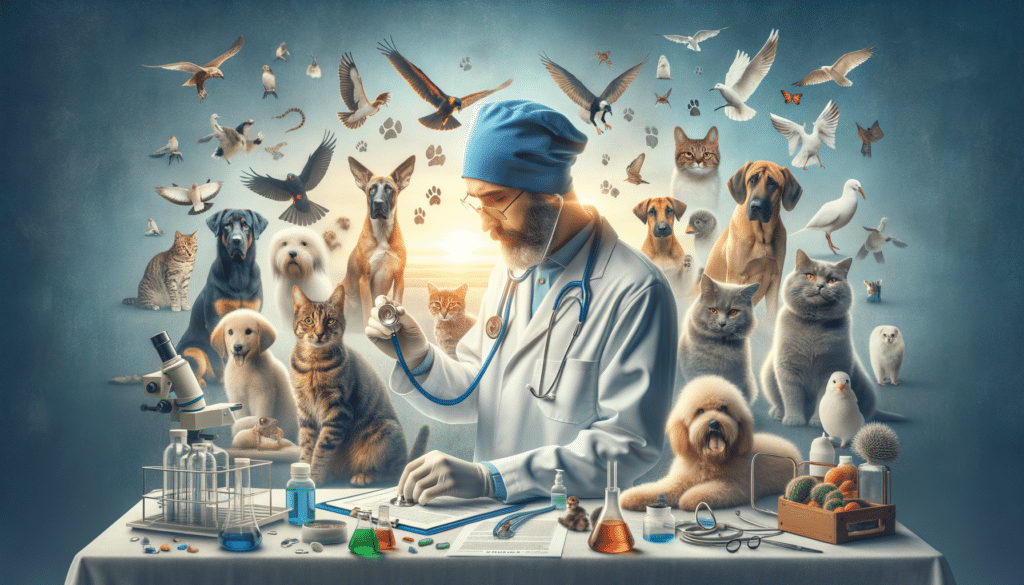Introduction to Veterinary Courses
Veterinary courses are an essential stepping stone for those aspiring to work in animal health and welfare. These courses offer a comprehensive understanding of animal biology, pathology, and treatment methods, equipping students with the necessary skills to diagnose and treat a variety of animal health issues. The importance of veterinary education cannot be overstated, as it directly impacts the wellbeing of animals and, by extension, public health. With increasing awareness about animal rights and the role of animals in ecosystems, veterinary courses are more relevant than ever.
Types of Veterinary Courses Available
Veterinary education encompasses a variety of courses, each tailored to different aspects of animal care. Students can choose from undergraduate degrees, diplomas, and specialized certifications depending on their career goals. Undergraduate courses typically cover a broad range of topics including animal anatomy, physiology, and disease management. For those looking to specialize, courses in veterinary surgery, dentistry, and exotic animal care are available. Additionally, there are courses focusing on animal nutrition, behavior, and welfare, reflecting the diverse opportunities within the field.
Key types of veterinary courses include:
- Undergraduate Degrees: Comprehensive programs covering all aspects of veterinary science.
- Diplomas and Certifications: Focused on specific skills such as animal nursing or veterinary technology.
- Postgraduate Specializations: Advanced studies in areas like veterinary surgery or animal behavior.
Benefits of Pursuing Veterinary Courses
Enrolling in veterinary courses offers numerous benefits beyond the acquisition of knowledge. Students develop critical thinking and problem-solving skills, essential for diagnosing and treating animals. The hands-on experience gained through practical sessions and internships is invaluable, providing real-world exposure to animal care. Moreover, veterinary courses open doors to a wide range of career opportunities, from clinical practice to research and academia. The demand for qualified veterinarians is consistently high, ensuring job security and potential for career advancement.
Benefits include:
- Development of critical and analytical skills.
- Hands-on experience through internships and practical sessions.
- Access to diverse career paths in clinical practice, research, and more.
Challenges in Veterinary Education
While veterinary courses offer many advantages, they also come with challenges. The rigorous nature of the curriculum can be demanding, requiring dedication and hard work. Students must be prepared for a significant time commitment, as veterinary programs are typically longer than other professional courses. Additionally, the emotional aspect of working with sick or injured animals can be challenging. However, these challenges are often outweighed by the rewarding nature of the profession, as veterinarians play a crucial role in animal welfare and public health.
Challenges include:
- Intensive and demanding curriculum.
- Emotional challenges of working with animals in distress.
- Long duration of study compared to other fields.
Future Prospects in Veterinary Science
The future of veterinary science is promising, with advancements in technology and research continually enhancing the field. Emerging areas such as veterinary telemedicine, biotechnology, and genetic research offer exciting opportunities for innovation. Environmental changes and the increasing importance of zoonotic diseases underscore the need for skilled veterinarians. As society places greater emphasis on animal welfare, veterinary professionals will continue to be in high demand, ensuring a bright future for those entering the field.
Future prospects include:
- Advancements in veterinary technology and telemedicine.
- Increased focus on zoonotic diseases and public health.
- Growing demand for animal welfare and conservation efforts.





